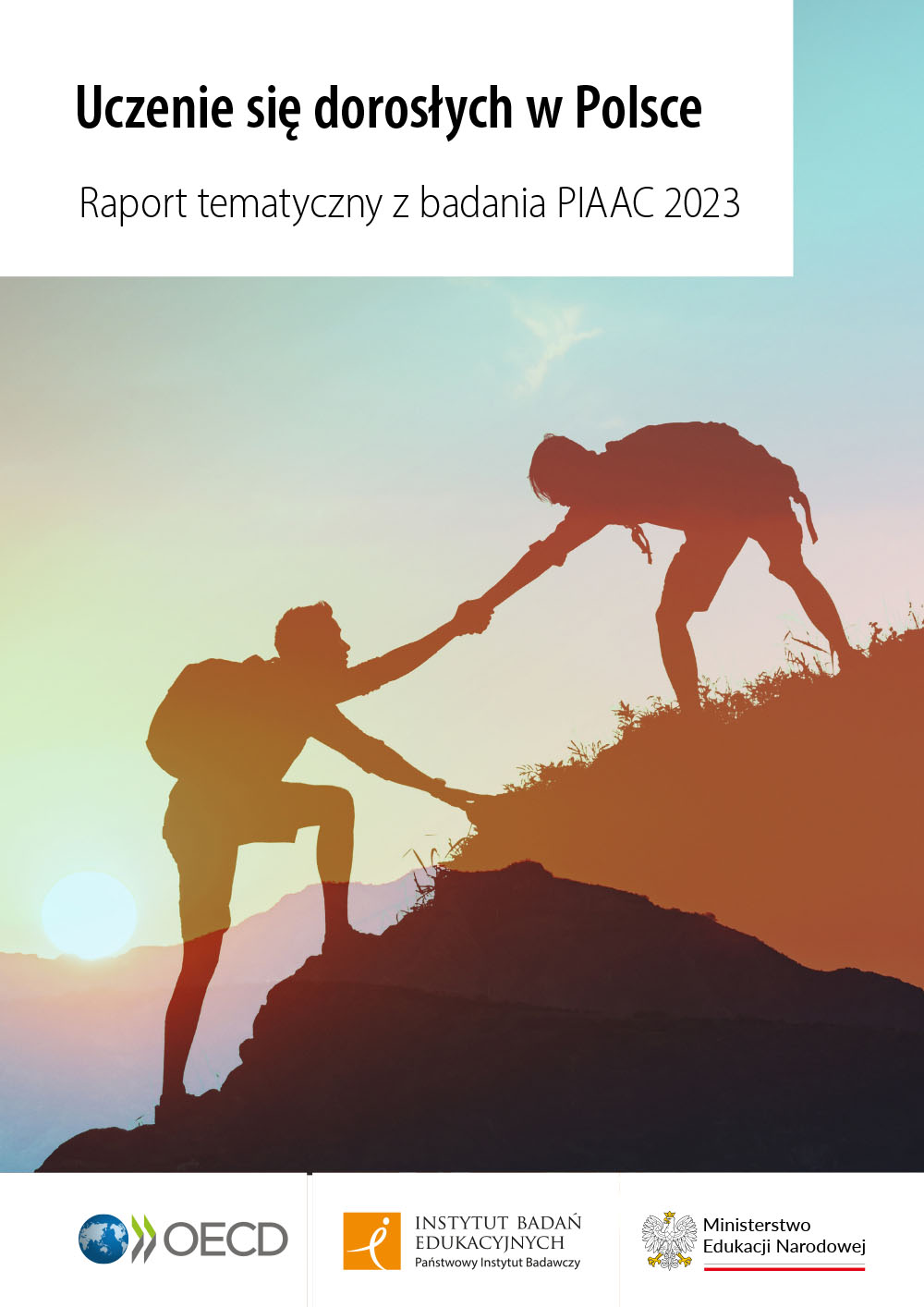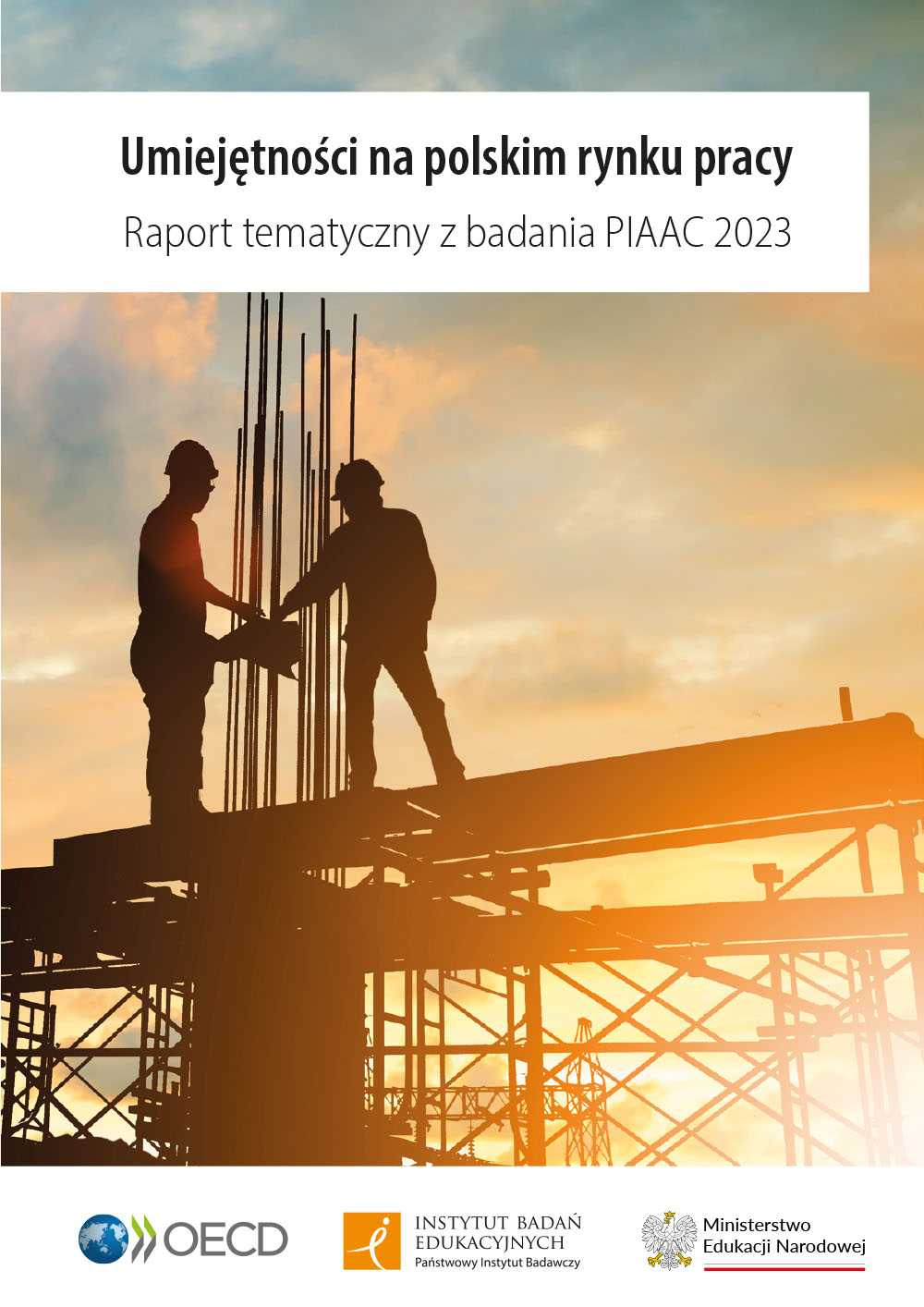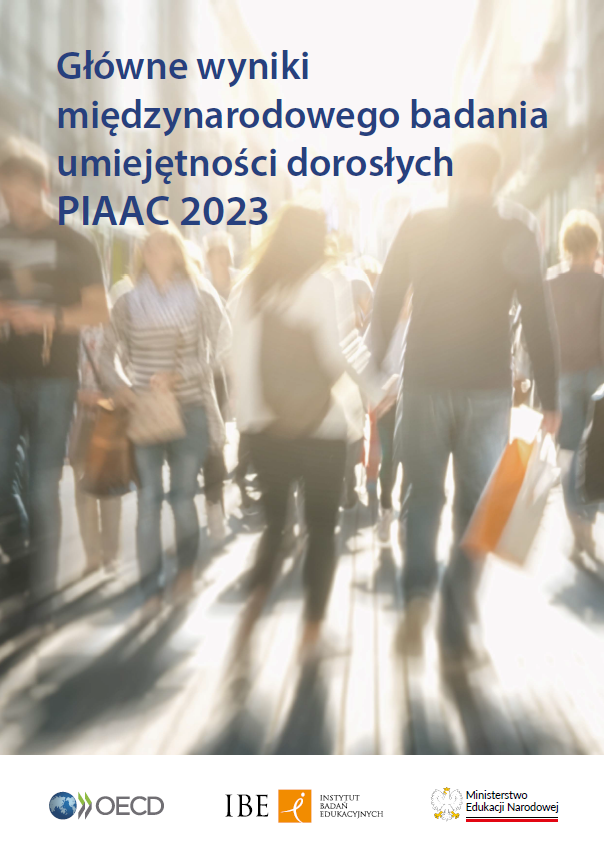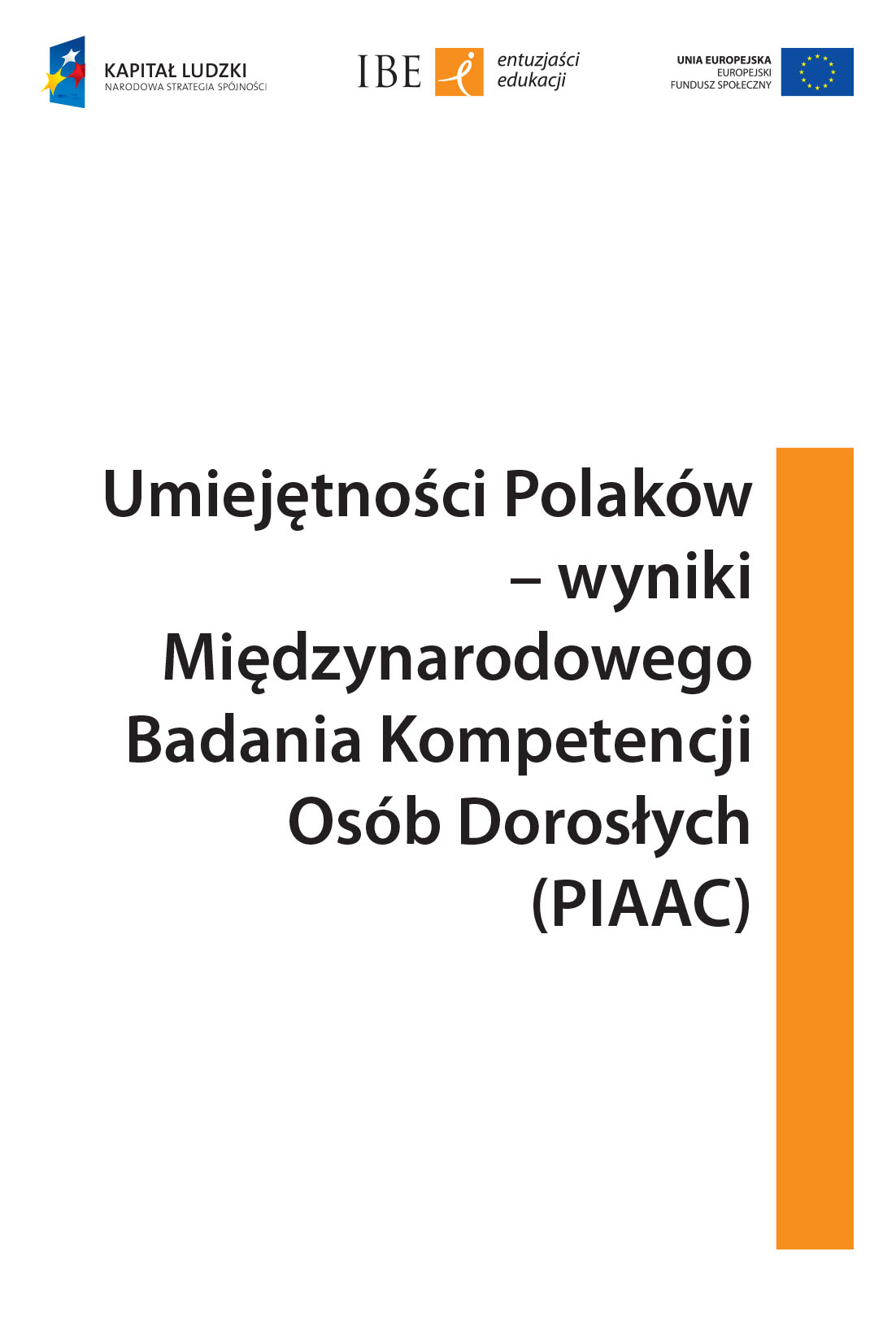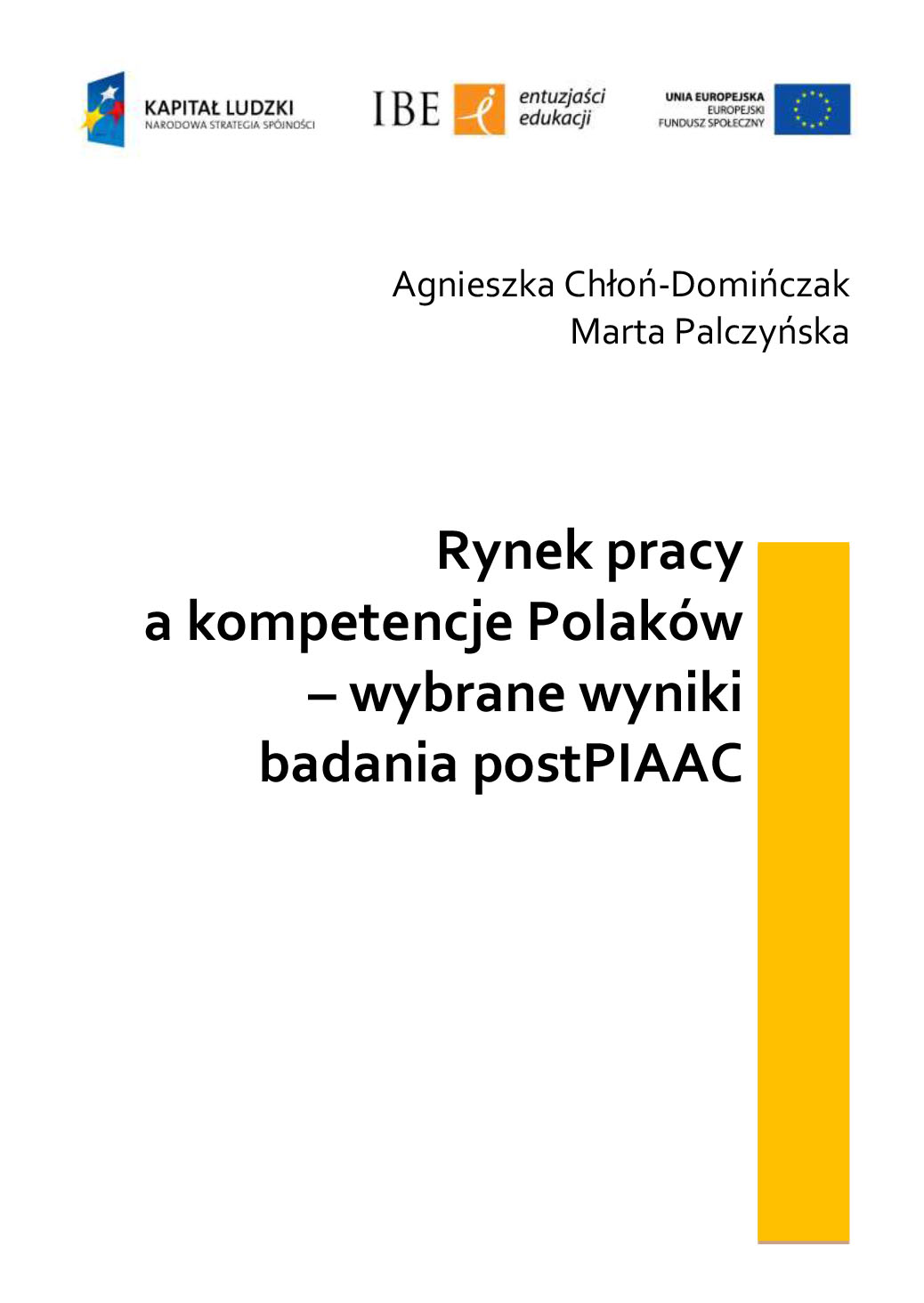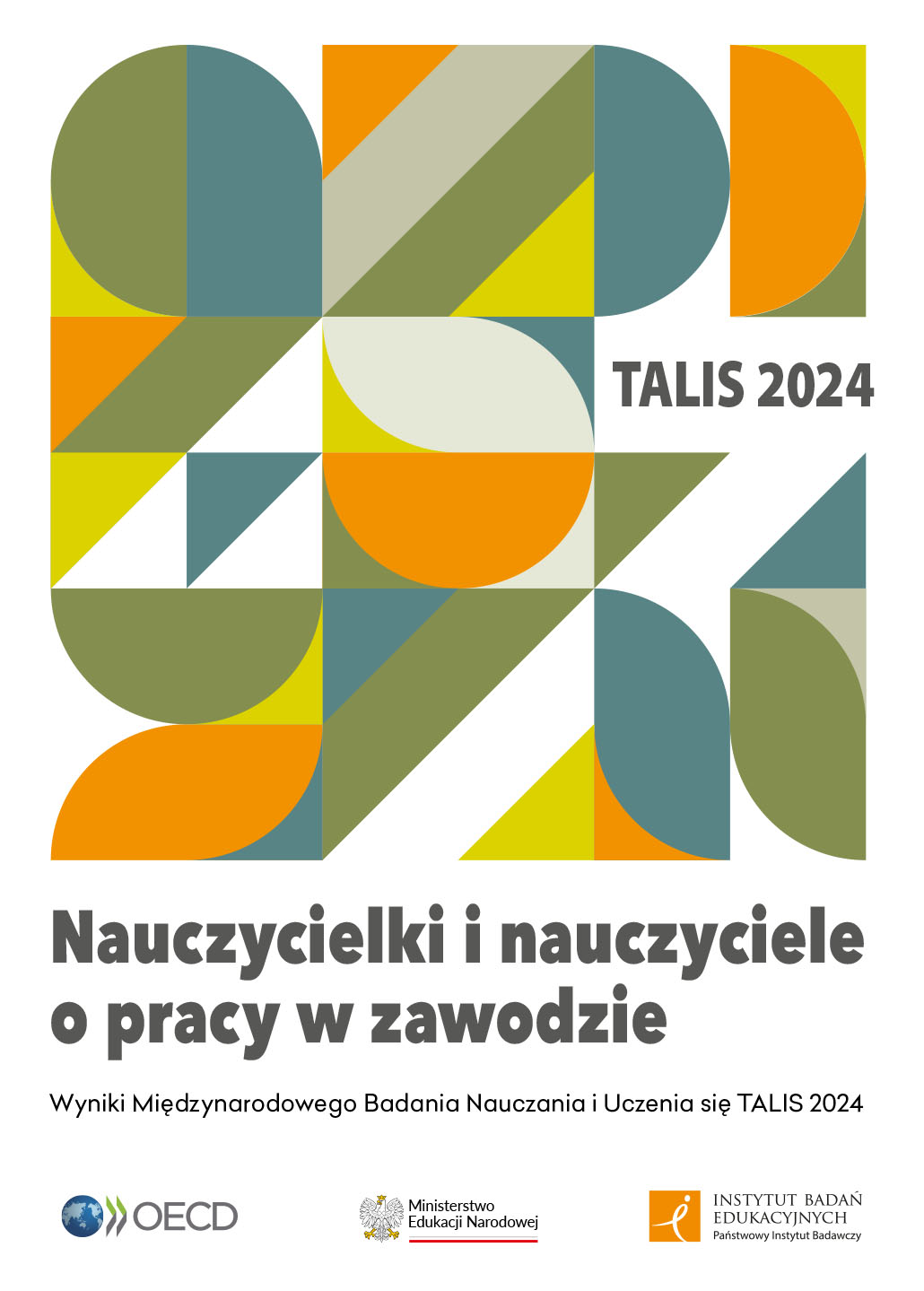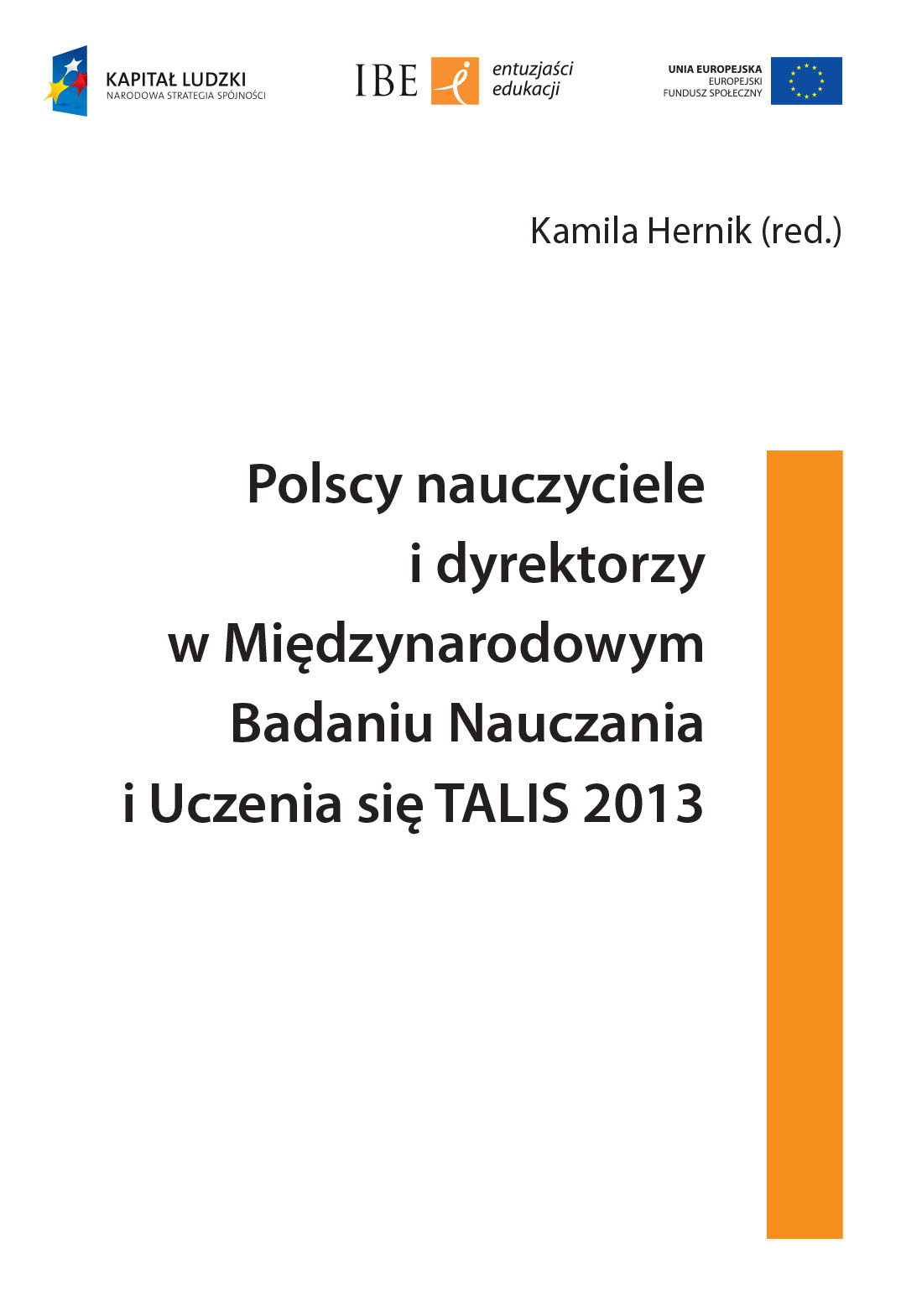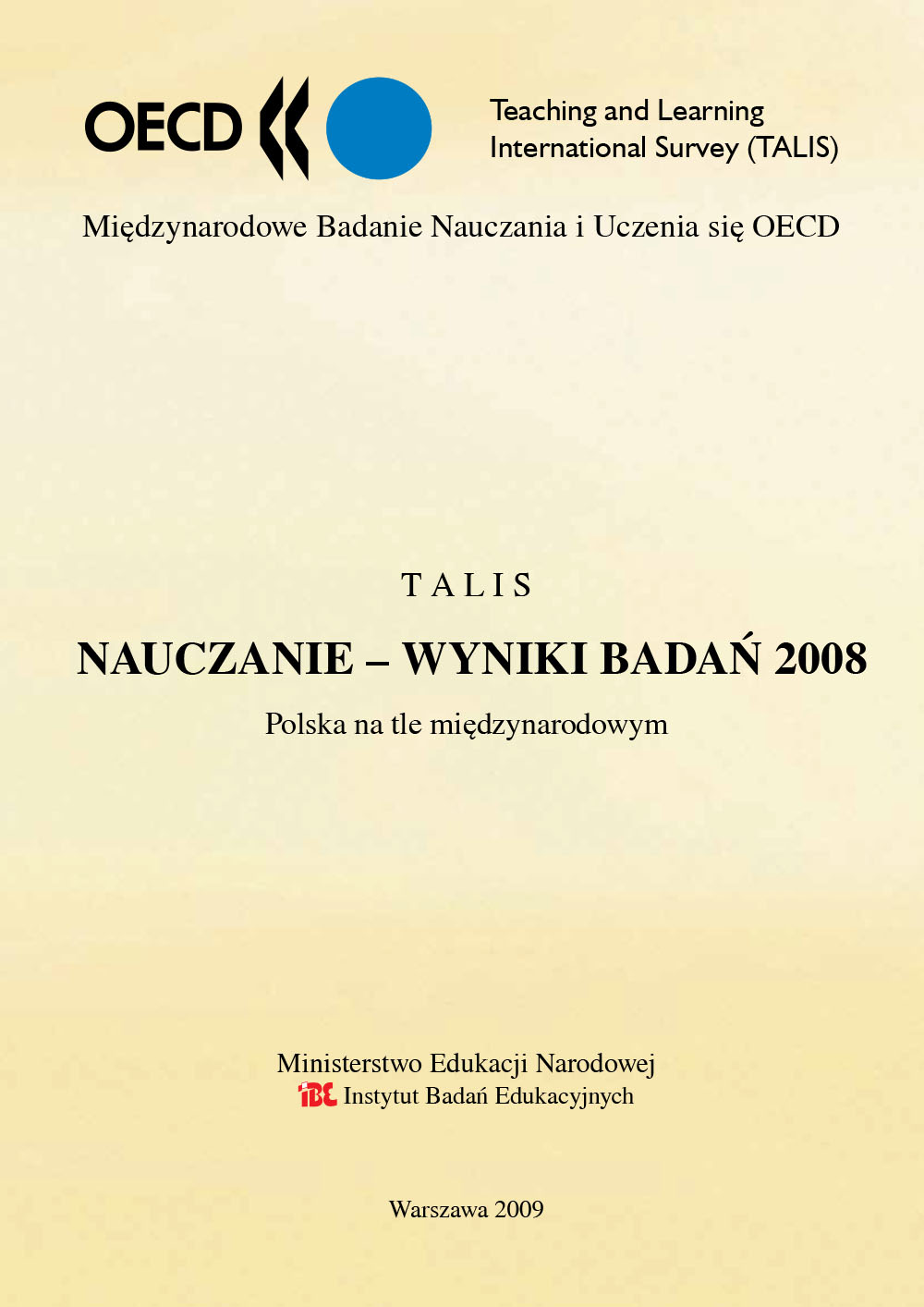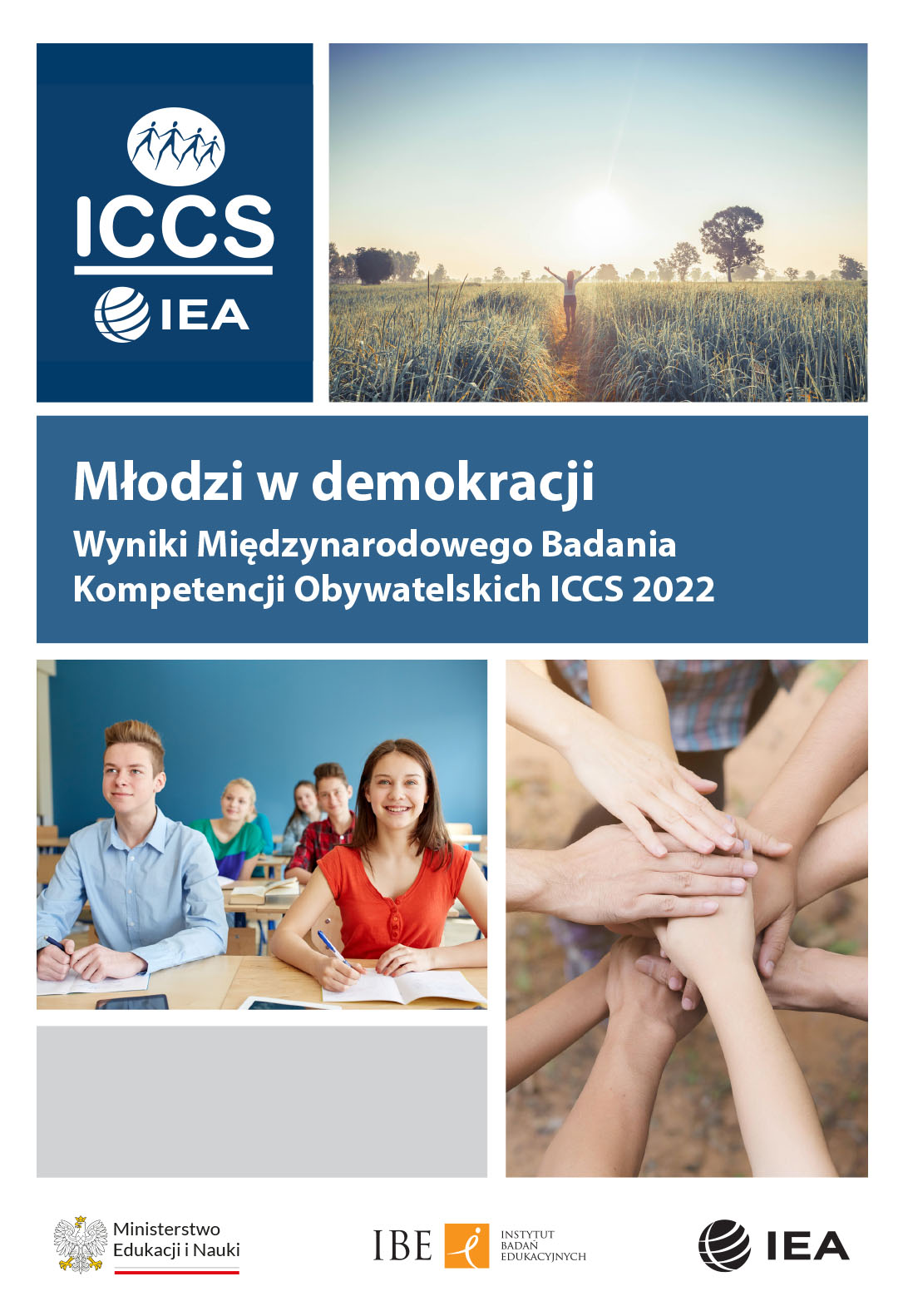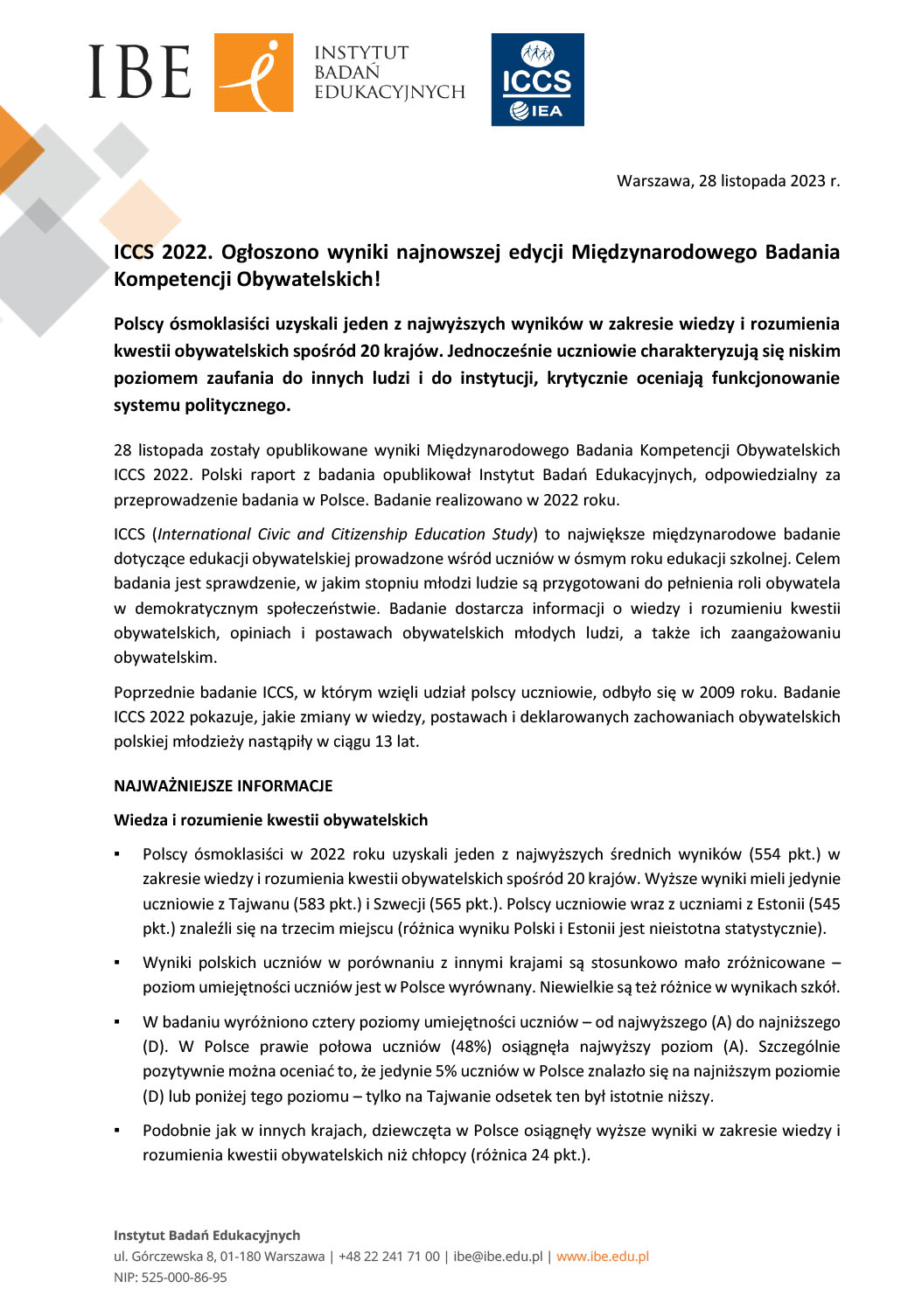Data from International Large-Scale Assessments in education are readily accessible to a wide range of users. They can be browsed and analyzed using interactive tools, which also allow for the creation of customized reports and visualizations to meet specific research needs. More advanced analyses, however, require the use of statistical software.
Unit-level data from the studies conducted by the IEA and the OECD are publicly available on the organizations’ websites, however, they are protected by copyright. Downloading the datasets typically requires reading and accepting the terms and conditions of use. Sometimes users may also need to provide contact information for themselves and their institution, and indicate which studies they plan to use the data for. In some cases, additional forms must be completed.
International assessments usually consist of tests, which measure participants’ skills, and questionnaires for gathering contextual information. Questionnaires for different respondent groups (e.g., students, teachers, school principals) are typically published and openly available. The test instruments, however, are not publicly accessible, since the studies are conducted in cycles, and rely on repeated measures to track trends over time. The only exceptions are sample items, which are published after each cycle and made available in reports and on the study organizers’ websites.
As with the data, the research instruments are the intellectual property of IEA and OECD and are protected by copyright. When using these instruments – whether in their source versions or in various language adaptations – additional rules and requirements may apply.

WHERE TO FIND DATA AND RESEARCH INSTRUMENTS FROM INTERNATIONAL LARGE-SCALE ASSESSMENTS?
ILSA Gateway
The ILSA Gateway website provides a systematic collection of detailed information on International Large-Scale Assessments conducted by organizations such as, for example, IEA, OECD, and UNESCO. Users can easily find information by browsing by study, topic, or using the search function. The portal includes, among other things, descriptions of the objectives of individual studies, their organization, the methodological solutions adopted and the instruments used, as well as the results and related publications, along with links to key resources, including datasets.
IEA Studies
Data from IEA studies are publicly available, but their use is restricted to non-commercial, educational, and research purposes. The official repository is the IEA Data and Tools Repository, which contains complete datasets with responses from students, school principals, teachers, and, depending on the study, students’ parents from participating countries. It also includes extensive technical documentation and user manuals from different study cycles, including TIMSS, PIRLS, ICCS, ICILS, REDS, CIVED, TEDS-M, SITES, and the Reading Literacy Study. Data files are available in SAS and SPSS formats, and in R format for more recent cycles. Source versions of research instruments, and descriptions of national adaptations can be found in the user manuals.
Most data are included in publicly accessible datasets (Public Use Files, or PUF); however, due to data protection regulations, access to certain variables is restricted. These are stored in restricted-access datasets (Restricted Use Files, or RUF). Researchers wishing to access restricted data must apply for permission, specifying how and for what purpose they intend to use the data, and sign an additional agreement defining usage terms. More information is available on the IEA website pages for each study. Different rules apply to the use of research instruments and other resources from IEA studies. Whether using the source or a translated version, written consent from IEA is required. For instruments used within a specific country and in a specific language version, approval must be granted by both IEA and the respective national research center responsible for the study implementation. Requirements, procedures, and application forms are available in the guide for using research instruments and resources on the IEA website.
OECD Studies
Data from individual OECD studies, such as PISA, TALIS, PIAAC or SSES, are available on the OECD websites dedicated to each study. These datasets include complete participant responses from all countries involved. The data are provided in several formats – typically SAS and SPSS, and sometimes STATA or CSV, depending on the study and cycle. The study websites also provide technical documentation, additional user instructions for each cycle, as well as source and often translated versions of the research instruments.
Depending on the study and cycle, additional resources may be made available. For example, for the latest completed PISA cycle (PISA 2022), tables and charts used in international reports have been made publicly available, along with SPSS and Stata scripts used for data analysis. These resources allow the replication of analyses from international reports.
Data browsers
Data browsers are interactive tools that enable data analysis, visualization, subgroup reporting and the export of tables and charts. The main advantage of such browsers is ease in generating comparative outputs from different cycles of a given study.
A tool developed by the U.S. National Center for Education Statistics (NCES). It enables analysis of data from various studies, including PISA, TIMSS, PIRLS, and TALIS.
Proceed to International Data Explorer
A tool developed by the OECD. It allows users to explore and analyse data from Programme for International Student Assessment (PISA). It enables the creation of customized reports based on users’ needs, visualization of data, and comparison of educational outcomes across countries and regions.
Proceed to PISA Data Explorer
A tool for generating reports in PDF format. It allows for browsing interactive charts with metrics derived from selected studies (e.g., PIAAC and PISA), enables cross-country comparisons, and allows users to prepare country-specific reports.
Proceed to Education GPS










